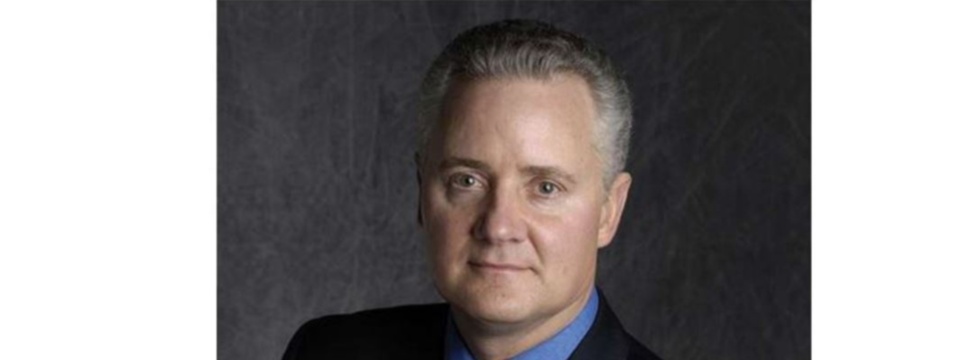Packaging Corporation of America Announces Conversion of Jackson, AL Mill Paper Machine to High-Performance Virgin Linerboard
News General news
Packaging Corporation of America (NYSE: PKG) announced that it has discontinued production of uncoated freesheet (UFS) grades on the No. 3 paper machine at its Jackson, AL mill and will begin preparing for the permanent conversion of the machine to linerboard.

As previously disclosed, in order to meet strong packaging demand and maintain appropriate inventory levels, the machine temporarily began producing linerboard in the fourth quarter of 2020 and continued producing linerboard in the first quarter of 2021. The mill will now begin preparations to permanently convert the 365,000 ton-per-year No. 3 UFS paper machine to a 700,000 ton-per-year high-performance, virgin kraft linerboard machine, in a phased approach, over the next 36 months.
Plans are for the machine to run at its current containerboard production rate for the next 12 to 15 months until the scheduled first phase outage is taken in the second quarter of 2022. After the first phase outage, the converted machine is expected to operate at an initial production rate of approximately 75% of capacity. The second phase outage is planned for mid-2023, with the machine reaching its run-rate capacity of 2,000 tons-per-day by the end of 2023. The key items in the scope of the conversion include installation of an OCC plant, various pulp mill modifications, paper machine modifications to the forming and press sections, headbox, and dryer section of the machine, and winder upgrades. The capital cost of the conversion is expected to be approximately $440 million. Discontinuing paper operations on the No. 3 machine will result in pre-tax cash charges of approximately $5 - $10 million and approximately $15 - $20 million of pre-tax non-cash asset impairment and accelerated depreciation charges. The mill’s No. 1 paper machine will continue to produce UFS products.
PCA Chairman and CEO Mark Kowlzan (photo) said, “The phased conversion over the next few years of the No. 3 paper machine at our Jackson Mill will provide much needed internal linerboard supply. This gives us a runway for maintaining an optimal integration level and enables us to further optimize and enhance our current mill capacity and box plant operations. We were able to refine our previous studies and assumptions in order to more accurately define the process changes, in a phased approach, to fully utilize the potential of the mill to produce excellent quality, lightweight, high-performance linerboard at its optimal cost. This approach allows us to effectively enhance the mill’s profitability and viability by managing the exacerbated decline in demand for UFS products while addressing the Company’s integrated containerboard supply needs. This project provides a great opportunity for PCA and the Jackson Mill. We are appreciative of the continued support from the State of Alabama, the Alabama Department of Commerce, the City of Jackson and Clarke County to help us continue providing quality jobs and a positive economic impact in the Jackson community.”
Paul LeBlanc, Vice President – Paper, added, “We remain committed to the paper market and will work closely with our customers in the coming months to match our supply with their demand requirements. We will continue to serve customers with the No. 1 paper machine at Jackson and both machines at our International Falls, MN mill, which is capable of producing all of Jackson’s paper grades. Our customers will continue to receive the high-quality products and service they are accustomed to.”
PCA Executive Vice President Tom Hassfurther concluded, “The machine conversion at Jackson gives us the ability for the next several years to continue supplying high quality, PCA-made board that our customers request. We are committed to being fully integrated, and we have a track record of ramping-up production from machine conversions according to our customers’ demand needs.”










